Antibiotics To Avoid With Crohn's Disease
Antibiotics to avoid with crohn's disease. Alcohol can affect each IBD patient differently so you should know the risks of consuming alcohol just as you would for the medications that you are taking to treat your disease. Coli within macrophages a specialized sort of white blood cell. Although there is no cure for Crohns disease and other IBDs patients are commonly treated with antibiotic therapy or anti-inflammatory drugs.
Avoid foods that are more likely to cause gas or increase the risk for intestinal obstruction. Laboratory studies show that a combination of antibiotics that can penetrate macrophages such as ciprofloxacin and doxycycline together with the anti-malarial drug. Increased risk was noted for both ulcerative colitis and Crohns disease with the highest estimates corresponding to broad-spectrum antibiotics.
Treatment of active Crohns disease whereas few studies suggest a benefit of antibiotics in ulcerative colitis. There are sparse data examining the role of antibiotics in pre-venting relapse of inflammatory bowel disease although some studies have suggested that metronidazole and related antibiotics might reduce postoperative recurrence. Used alone or in combination with ciprofloxacin metronidazole Flagyl is commonly used to treat.
Most of the included studies were small in size. Ciprofloxacin is also used for the treatment of Crohns and has been found to be as effective as metronidazole with fewer side effects. Bacteria associated with Crohns disease rely on multiple stress responses to survive multiply and tolerate antibiotics within white blood cells called macrophages according to a study.
Several antibiotic medications can be useful in Crohns disease both to treat the disease. Immunomodulator medications immunosuppressants Researchers believe Crohns disease is caused by a problem with the immune system. Patients with IBD like everyone else get infections outside of the digestive system from time to time.
The most commonly used antibiotics for Crohns are Flagyl metronidazole and Cipro cipro floxacin. But when you have symptoms whole-fat dairy products like whole milk ice. Antibiotics for Crohns Disease Antibiotics for Crohns.
Several antibiotics including ciprofloxacin metronidazole clarithromycin rifaximin and cotrimoxazole have been studied in CD. Evidence of bacterial participation calls for the use of antibiotics in Crohns disease.
The most commonly used antibiotics for Crohns are Flagyl metronidazole and Cipro cipro floxacin.
The disease has two primary subtypes. Ulcerative colitis and Crohns disease. Antibiotic use tied to Crohns ulcerative colitis. Bacteria associated with Crohns disease rely on multiple stress responses to survive multiply and tolerate antibiotics within white blood cells called macrophages according to a study. Antibiotics for Crohns Disease Antibiotics for Crohns. IBD cases have been rising in recent years in the United States Europe and many other areas that are experiencing more frequent use of antibiotics. Alcohol can affect each IBD patient differently so you should know the risks of consuming alcohol just as you would for the medications that you are taking to treat your disease. There is growing evidence that Crohns disease may be caused by replication of bacteria perhaps particularly E. Avoid aspirin and ibuprofen and switch to acetaminophen which does not trigger Crohns flare-ups.
Laboratory studies show that a combination of antibiotics that can penetrate macrophages such as ciprofloxacin and doxycycline together with the anti-malarial drug. Most of the included studies were small in size. The most commonly used antibiotics for Crohns are Flagyl metronidazole and Cipro cipro floxacin. Immunomodulator medications immunosuppressants Researchers believe Crohns disease is caused by a problem with the immune system. IBD cases have been rising in recent years in the United States Europe and many other areas that are experiencing more frequent use of antibiotics. Although there is no cure for Crohns disease and other IBDs patients are commonly treated with antibiotic therapy or anti-inflammatory drugs. Difficile requires antibiotic treatment to get rid of it.
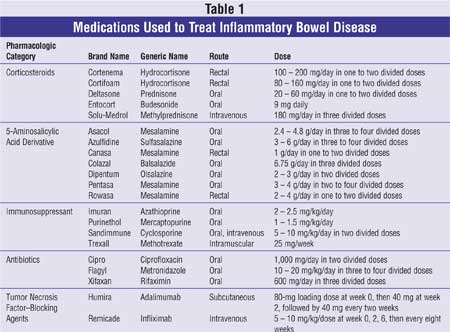

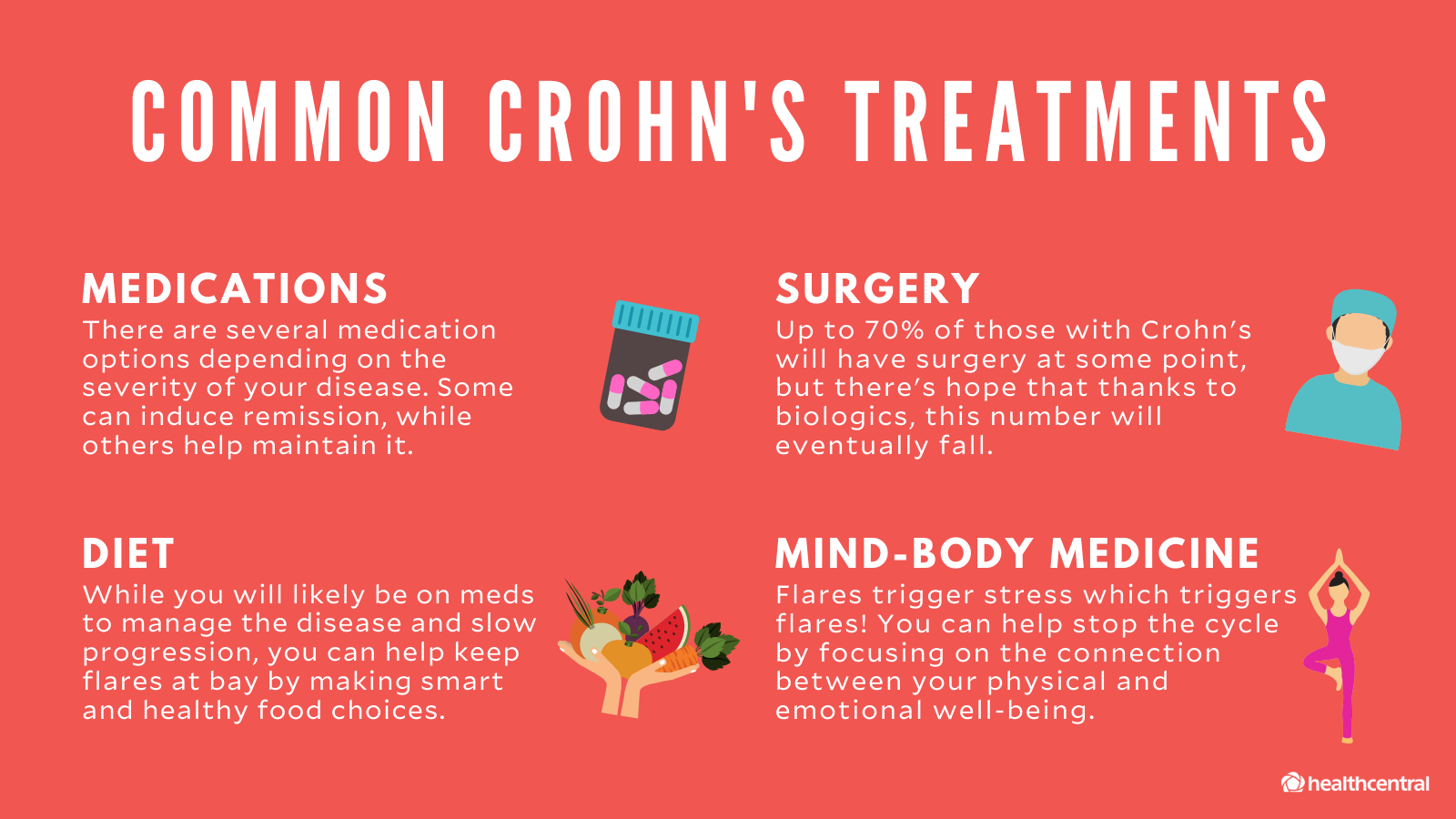





:max_bytes(150000):strip_icc()/managing-crohns-during-covid-19-5112505_Final-39fcc3a8783b49289473c8d7532352c1.jpg)





:max_bytes(150000):strip_icc()/overview-of-crohns-disease-4160960_final-9e01501adda248fcb639d68964db4ea3.png)









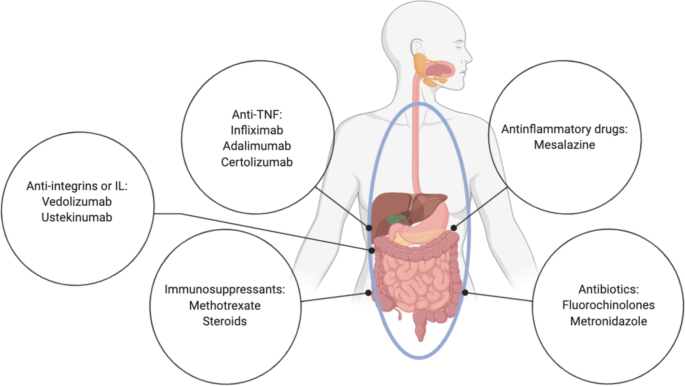








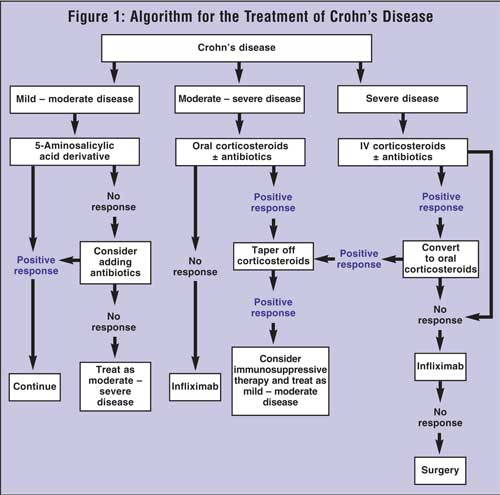


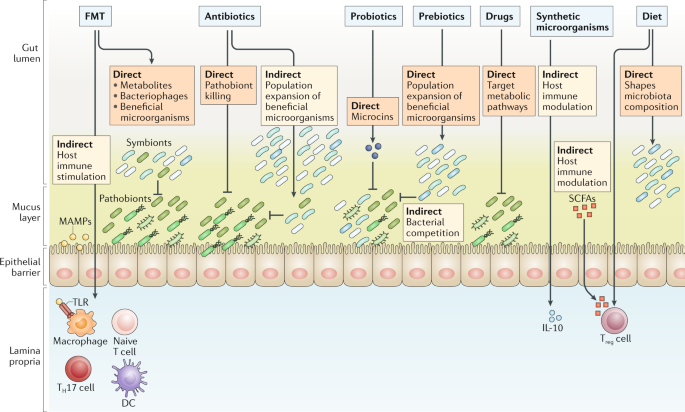


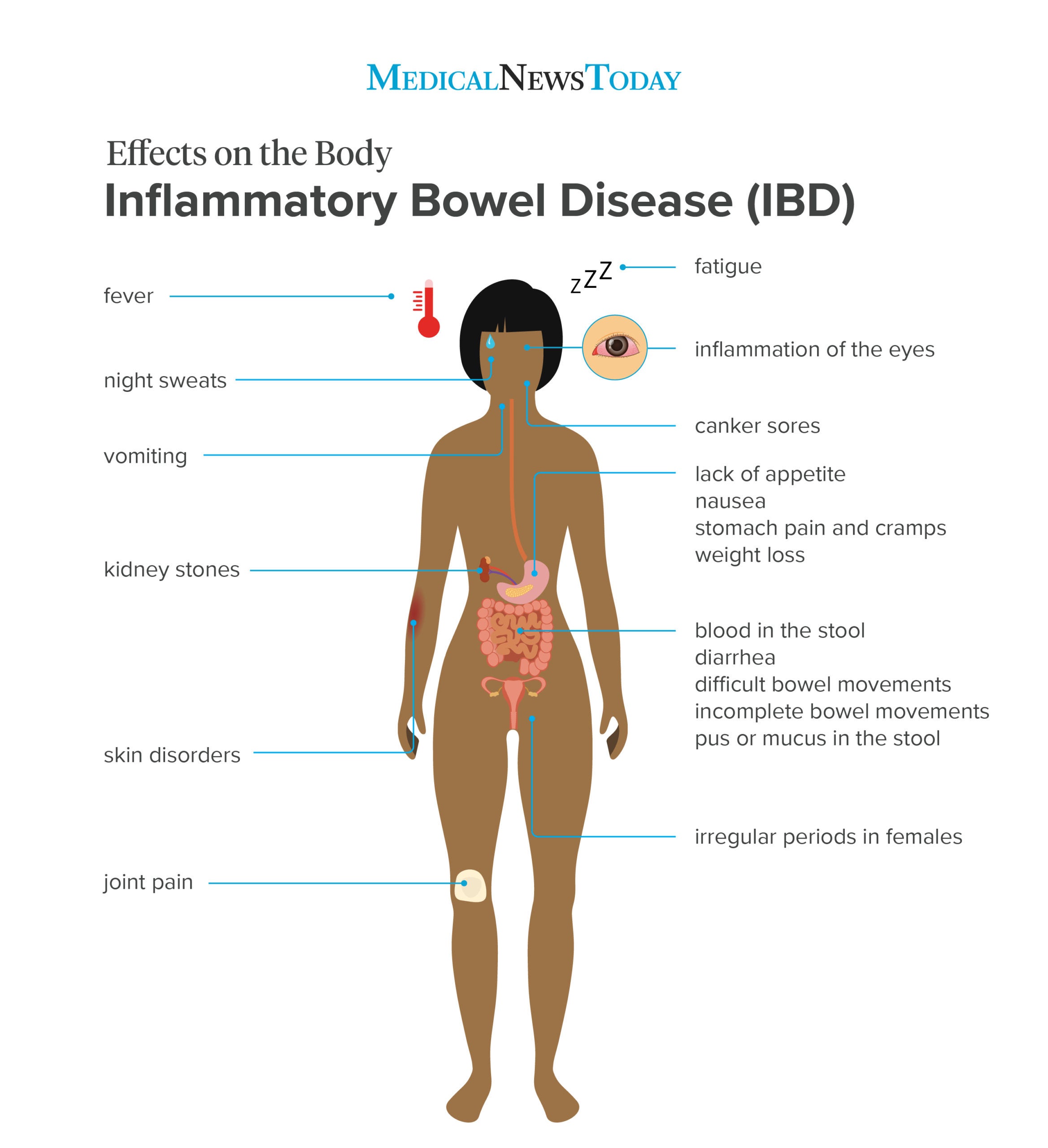

Post a Comment for "Antibiotics To Avoid With Crohn's Disease"